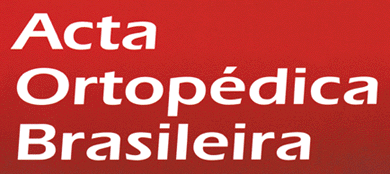We studied 46 patients submitted to total hip replacement at an Orthopaedics Institute in the city of São Paulo, Brazil, from 1993 to 1995, in order to determine the real frequency of hospital infections of the superficial and deep surgical wounds occurring in this operation. The study consisted of preoperative, transoperative and postoperative monitoring and a minimum follow-up period of three months for all patients in order to characterise the etiologic agents of the infections and risk factors contributing to the development of the latter. The total frequency of hospital infections was 15.1%, 6.5% of them being superficial wound sepsis, 6.5% deep wound sepsis and 2.2% infection of the urinary tract. The etiologic agents detected were: Pseudomonas aeruginosa (2 cases), coagulase-negative Staphylococcus (2 cases), Morganella morgani (1 case), and association of Acinetobacter calcoaceticus (2 cases). The risk factor showing a statistically significant effect in this patient series was increased surgical time. We conclude that the frequency of superficial and deep surgical wound sepsis in total hip replacement surgeries was higher in the present series compared to data reported in the international literature, with a high participation of Gram-negative bacilli as etiologic agents and with increased surgical time representing the major risk factor.

